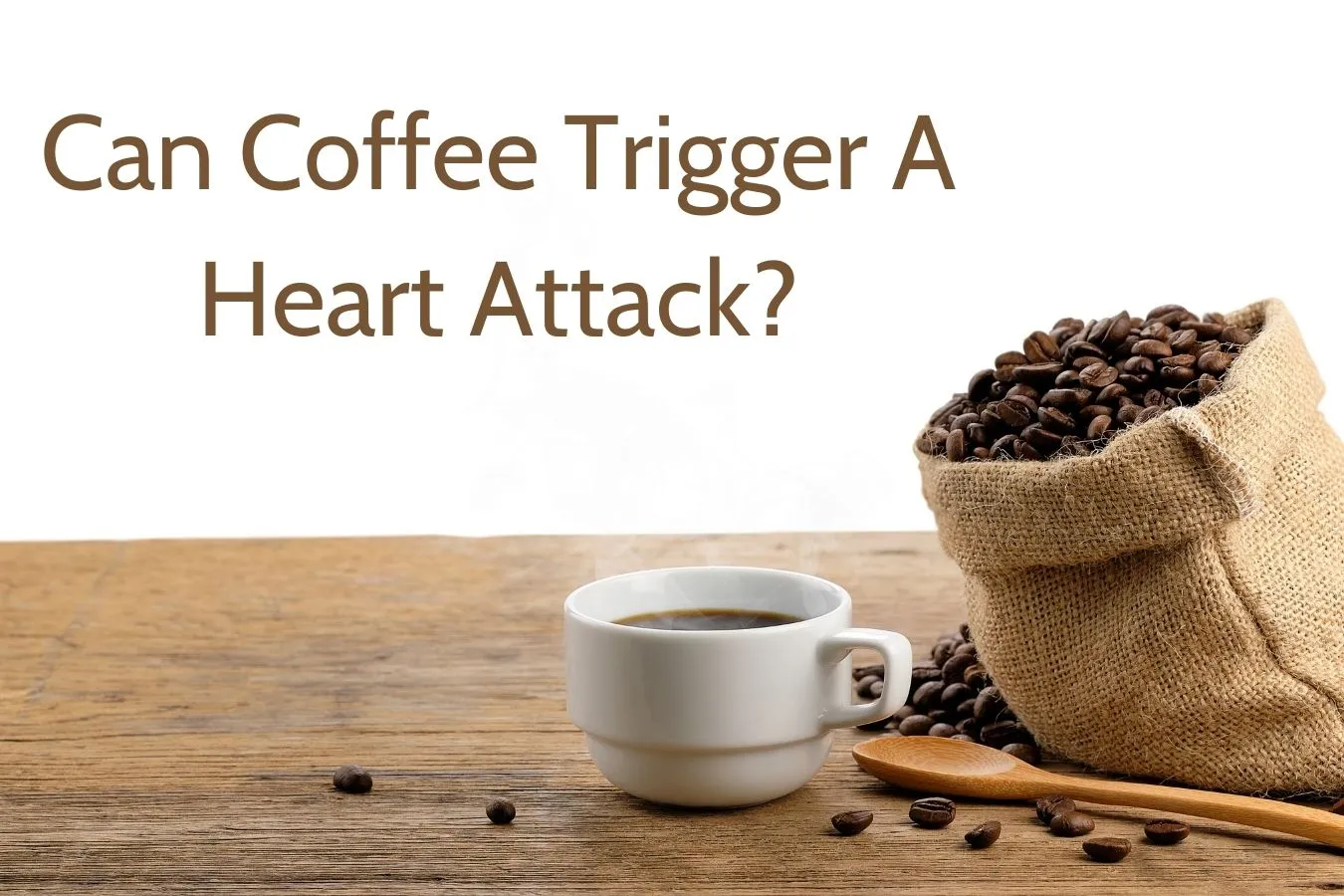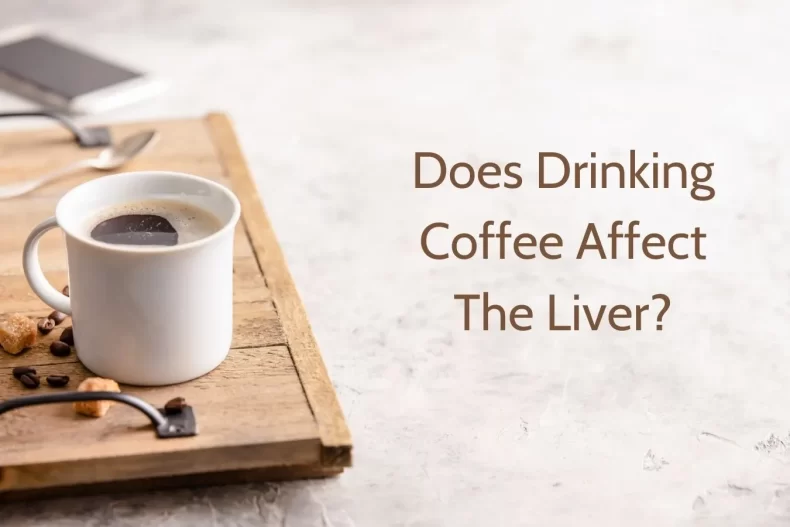
Can Coffee Trigger A Heart Attack? Those who have a passion for coffee consider it a “worldly masterpiece.” However, the habit of drinking coffee inadvertently causes adverse effects on health, especially for those with cardiovascular diseases.
1. Does drinking coffee affect the heart?
Coffee is a favorite drink of many people. On the positive side, it is a stimulant, helping to increase excitement and alertness. However, consuming large amounts of coffee can cause specific effects on overall health, especially for those with cardiovascular problems.
The most apparent effect of coffee on heart health is increased heart rate.
People who regularly drink strong coffee have an increased risk of heart attacks, said Ana Baylin, a research fellow at Brown University School of Medicine in Providence, RI. Coffee can briefly raise blood pressure, and sympathetic nerve activity can trigger heart attacks.
In addition, coffee also contributes to increased cardiac output, stimulates the respiratory center, and dilates the pulmonary and bronchial vessels.
For people with a history of heart disease or cardiovascular problems such as tachycardia, myocardial infarction, coronary insufficiency, or extrasystoles, coffee should be limited. In recent studies, people who consume coffee in moderation (about 2-3 cups per day) increase their heart attack risk by 60%.
 The leading cause of heart attacks after drinking a lot of coffee is high levels of caffeine in the blood and not enough time to metabolize it. In particular, people with a less stable genetic makeup will have a higher risk of heart Cuttack complications; The severity also increases with the amount of coffee consumed. Even their life expectancy will decrease with the amount of coffee they drink.
The leading cause of heart attacks after drinking a lot of coffee is high levels of caffeine in the blood and not enough time to metabolize it. In particular, people with a less stable genetic makeup will have a higher risk of heart Cuttack complications; The severity also increases with the amount of coffee consumed. Even their life expectancy will decrease with the amount of coffee they drink.
In some instances, symptoms of a fast, pounding heart, even feeling like the heart is about to burst out of the chest, can occur when the body has absorbed too much caffeine.
Moreover, the increased heart rate can lead to other dangerous symptoms such as dizziness, lightheadedness, shortness of breath, tremors, and fatigue. To end these problems, it is best to limit or give up the habit of drinking coffee as soon as possible.
Those who are just drinking coffee for the first time or drinking it on an empty stomach may experience “coffee intoxication,” robust coffee. Drinking coffee can cause heart palpitations, dizziness, increased blood pressure, etc.
However, you do not need to be too worried if you encounter this situation; you should rest and recharge—Water to flush the coffee out of the body. If your heart beats so fast that you feel like you can’t breathe, you need immediate emergency care with heart rate medication or oxygen tanks.
2. Proper use of coffee to reduce health risks
As mentioned above, coffee is a drink that contains a significant amount of caffeine. This stimulant promotes the production of hormones that lead to increased blood pressure, heart rate, and chest pain. And short of breath. Therefore, to limit the above health risks, you should adjust your coffe-drinking habits and use other stimulants such as alcohol and beer.
 For those who are “addicted” to drinking coffee and find it challenging to give up this habit, you should dilute the concentration when using it. For example, 200ml of coffee/cup should dilute to 1 liter to reduce the concentration of caffeine in coffee.
For those who are “addicted” to drinking coffee and find it challenging to give up this habit, you should dilute the concentration when using it. For example, 200ml of coffee/cup should dilute to 1 liter to reduce the concentration of caffeine in coffee.
In addition, coffee has a diuretic effect and makes it difficult to sleep if you use them at night, so you should not drink coffee during this time frame.
In addition, coffee also contains some compounds that stimulate the stomach to secrete acid. Drinking coffee on an empty stomach can damage the stomach lining and increase the risk of stomach upset. People (especially those with stomach problems) should only consume coffee when full to avoid this risk.


